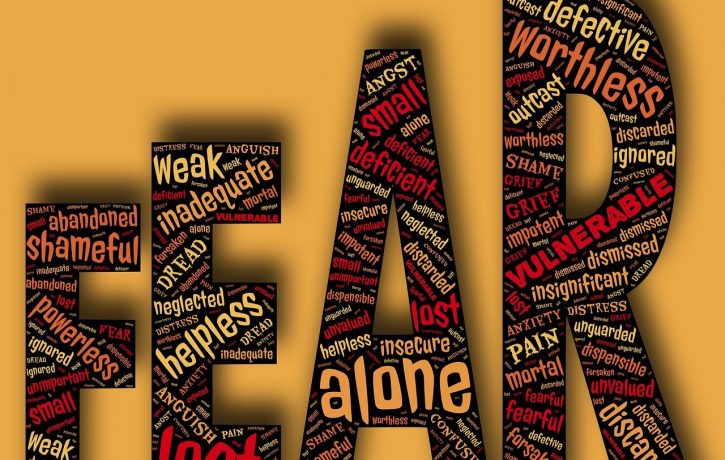Where to Get Help When Fears and Phobias Become a Problem?

Fear is an emotion that all of us will have felt – it is a natural response when our survival is threatened. If our ancestors had never felt this emotion, it is extremely unlikely we would be alive today! However, fear can become a problem. For example, when we have an unpleasant or severe fear response in a situation where many people feel no concern at all.
Here, the fear response does nothing to aid our survival but causes us embarrassment and distress. This is due to the way our brains work. Modern-day humans’ brains are highly sophisticated and allow us to invent, develop and create wonderful things and start projects that will continue for years or decades into the future.
The plan of many countries to become net carbon neutral by 2050 might be seen as an example of this. However, in some ways, our brains operate along similar lines to our ancient ancestors – spotting patterns that need an immediate response – without giving the conscious mind time to analyse the pros and cons of acting. This almost-instant spotting of a potentially dangerous situation is something that can at times keep us alive. For example, a driver who, perhaps in response to seeing the brake lights of other cars come on, has braked before even being aware consciously that there’s a problem that needs a response.
The problem is that this pattern-spotting part of the human brain can bring on strong and immediate reactions when they are not needed. Take, for example, someone with a fear of spiders. The slight movement of a spider on the edge of this person’s sight might bring, in a fraction of a second a physiological response in which their heart is beating fast, their hands are clammy, throat dry and so on. What is happening here is that this person’s brain is spotting something that has been spotted before – and will bring on the same (unpleasant) responses. The logic, here, is that, as we are still alive, the response must have been successful in the past – and will be brought on again. Telling this person that the spider is not harmful is unlikely to be helpful (they almost certainly know this already) and the person is unlikely to be able to talk themselves down from this level of agitation.
BrainWorking Recursive Therapy ® works very effectively with fears, phobias and anxiety, by inserting itself into that fraction of a second before the response is activated. With this method, a person can change how they currently feel about something to how they would like to feel – which could simply be a ‘calm and relaxed’ feeling. If this new way is likely to make life easier, or better, just one or two sessions is often all that is needed. Phobias are a similar, but more severe situation – but here again, generally, one or two sessions are sufficient. If a situation would be unbearable for you to deal with calmly even if you were offered a million pounds, it is likely that you have a phobia.
If you have a fear or phobia then now might be a good time to get help and support – and with a free initial consultation and online sessions, you don’t even need to leave your home.
To arrange a free 30-minute consultation to discuss how therapy can make your life better, contact Jonathan at The Body Matters on 01702 714968.
- COVID-19 and the Fear of Needles - 22nd March 2021
- The Damaging Effects of the Pandemic - 1st March 2021
- What is Yangsheng? - 27th January 2021
